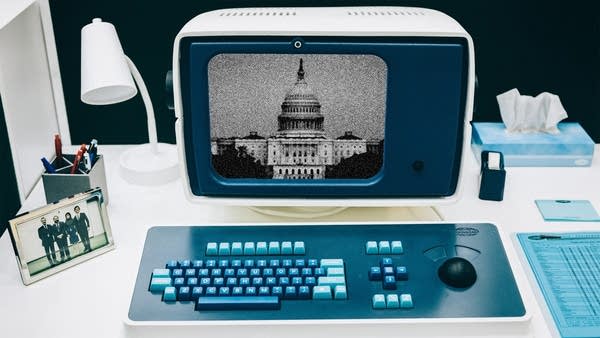What happens to benefit checks if there’s no deal on the debt ceiling?
Supplemental Security Income payments and veterans ‘payments could be among the first checks to be delayed.

In just nine days, on June 1, it is possible that the U.S. government could run out of cash. Treasury Secretary Janet Yellen has reiterated those warnings this week. And if Congress and the White House don’t reach a deal before that happens, all sorts of payments that people rely on in their daily lives could be delayed.
No one knows for sure what will happen if the U.S. runs out of money.
“The federal government’s never been in a position where it’s been unable to pay all of its bills … there’s no playbook here,” said Shai Akabas at the Bipartisan Policy Center. He said what’s certain is that some people who get regular payments from the government wouldn’t get them on time.
“These could be benefit programs like Social Security, support payments like homeowners assistance … lots of other categories, like federal salaries,” he said.
Which checks are delayed and for how long would depend on when the government runs out of cash because different payments go out on different days.
“At the very beginning of the month, there’s about $25 billion in Supplemental Security Income payments and then payments to veterans,” said Wendy Edelberg at the Brookings Institution.
She said the more than 10 million people who receive one of those benefits could be the first to see their payments delayed. And then, “it just keeps cascading,” through all sorts of other benefits and programs, and ultimately, the whole U.S. economy.







